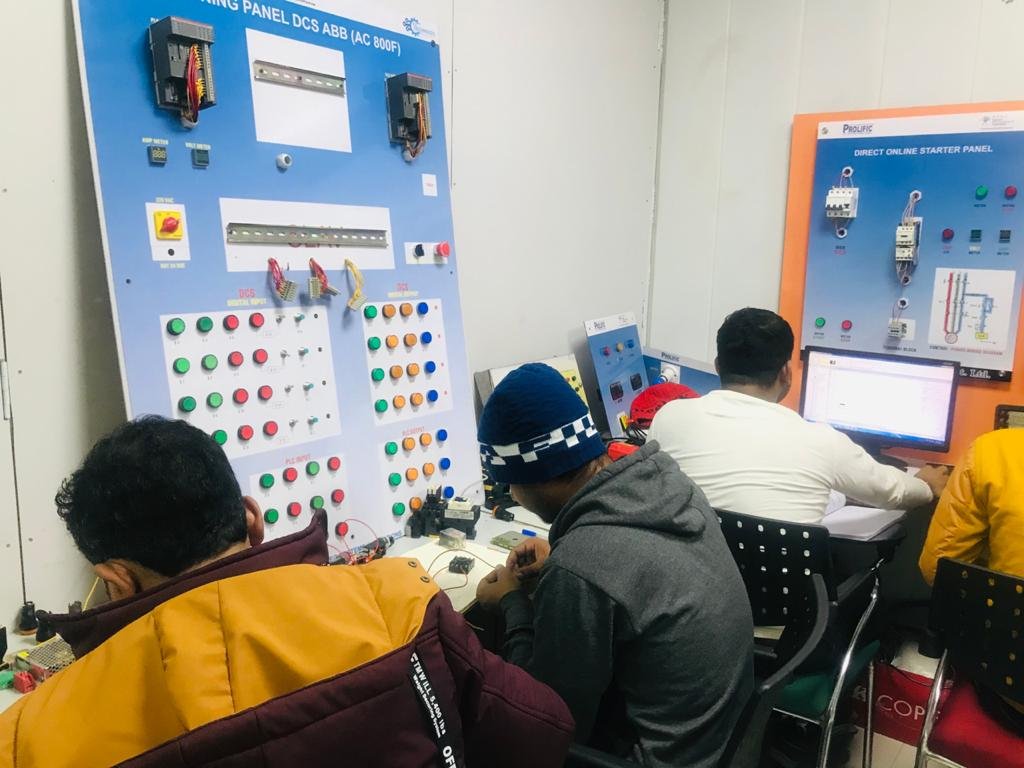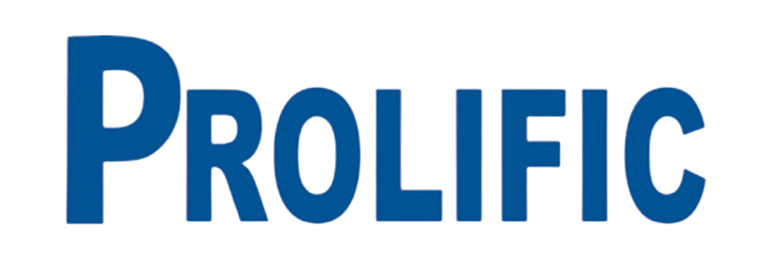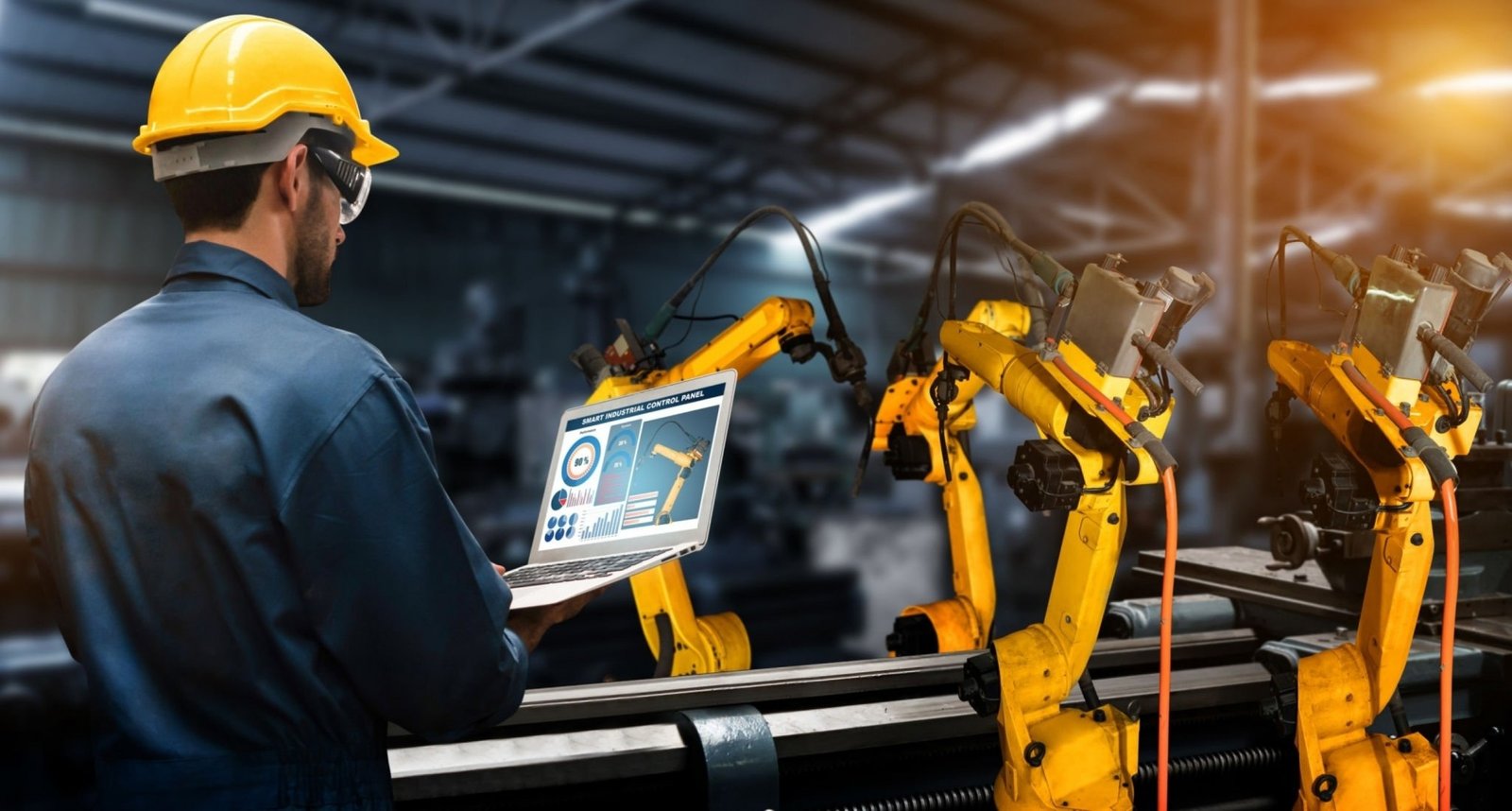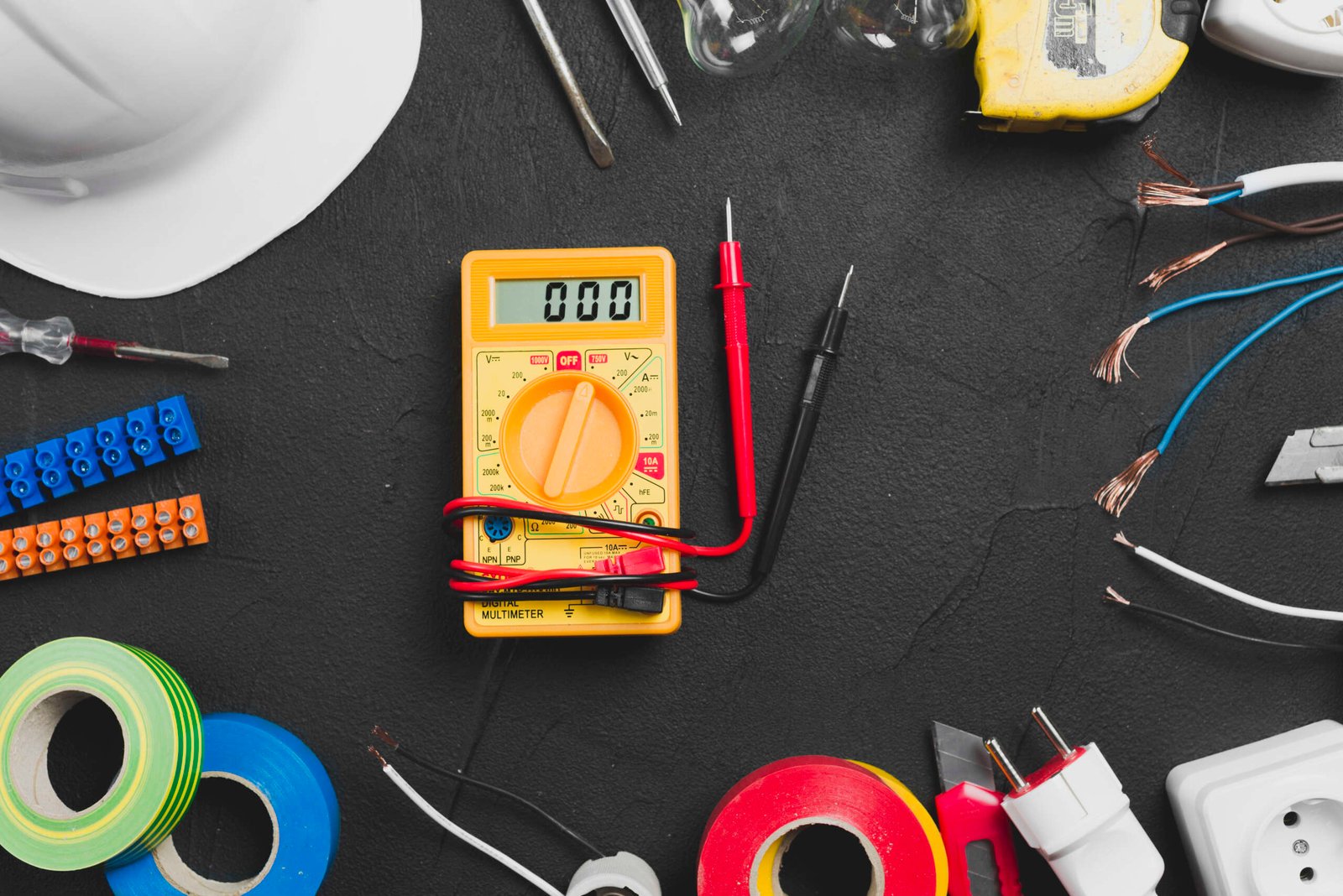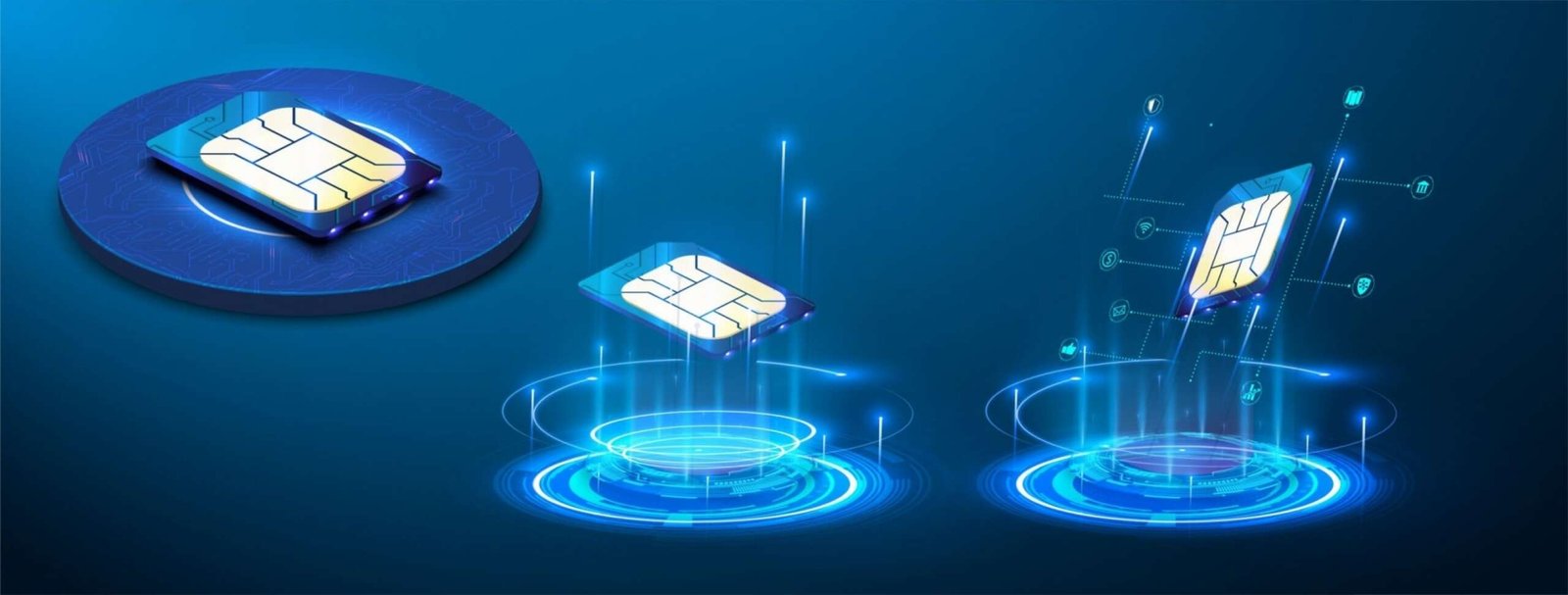Induction Module - Instrumentation Systems
- Home
- Our Courses
- Automation
- Electrical - 10th or 12th/ITI
- Induction Module - Instrumentation Systems
Instrumentation is the backbone of automation, allowing precise measurement, control, and monitoring of industrial processes. Our Induction Module on Instrumentation Systems introduces you to the fundamental principles of sensors, transmitters, controllers, and control loops. Understand the significance of accurate measurement in achieving process efficiency and quality control. Whether you are new to instrumentation or seeking to refresh your skills, this module lays a solid foundation for your automation journey.

Created by
Prolific Automation
Categories
Automation / Control System / Embedded
Course Description
Welcome to our “Induction Module – Instrumentation Systems” course. This course is meticulously designed for beginners and professionals who want to strengthen their knowledge base in Instrumentation Systems. The course will provide an introduction to instrumentation, including the principles of measurement and control systems. We will explore various instrumentation techniques, devices, and their applications in the automation industry.
Key topics include understanding the fundamental concepts of sensors and transducers, calibration processes, control loop diagrams, process control techniques, and an introduction to Distributed Control Systems (DCS) and Programmable Logic Controllers (PLC). With our expert educators and immersive learning environment, this course ensures a comprehensive grasp of the crucial components of Instrumentation Systems.
What you’ll learn
- Gain a solid understanding of the basics of Instrumentation Systems.
- Familiarize yourself with various types of sensors, transducers, and their working principles.
- Develop a fundamental understanding of process control techniques and control loop diagrams.
- Learn about calibration processes and its importance in instrumentation systems.
- Understand the basics of Distributed Control Systems (DCS) and Programmable Logic Controllers (PLC).
• To gain knowledge on variety of instrumentation systems used in the plants
• To develop skills in installations, trouble shooting and maintenance
• To develop the ability to read and interpret P & I D circuit diagrams
• Transmitters and Signal types: Types of signals, Function of a transmitter, Block Diagram of a transmitter
• Commonly used field instruments and their applications
• Physical Parameters and their measurements: Temperature, Pressure, Flow
• Basic principles, Scales, Thermocouples & RTD’s, Thermostats
• Radiation thermometry
• Temperature transmitters
• Selection, Installation and Commissioning
• Basic principles
• Sensors and Transmitters
• Erection and Commissioning Guidelines
• Calibration practices
• Maintenance & Trouble shooting
• HART Communication
• Field bus technology
• Data Acquisition Systems
• Introduction to Data Acquisition Systems
• Acquiring and Accessing Real‐time and Historical trends
• Alarm Management
• Reporting
• Introduction to process control technique
• Types of control systems used in the plant
• Introduction to PID Controllers, PLC and DCS control system
• Comparison between various control systems
• Selection of control system to suit the local requirement
